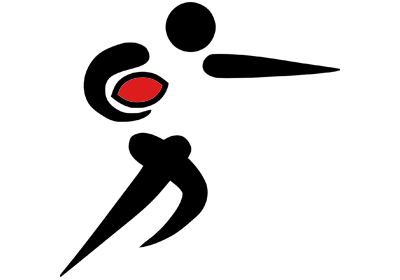The Rugby World Cup is now well under way and rugby enthusiasts throughout the world are gripped as the drama unfolds.
Again I am struck how sporting events like these, or the 2012 Olympics, cut across different nationalities, countries and cultures. They give us common ground, a reason to talk to strangers, an opening gambit at a networking event. And they enable us to indulge in some (mostly) good-natured rivalry and banter.
Organisations who are building teams and nurturing great leadership often look to sport to find inspiration. This is especially true if the business has a male bias and culture, as a number of our clients do. Sometimes these speakers from the world of sport are indeed inspirational, but it can be difficult for an audience to extract the principles that can be applied equally well to building and running an organisation. Sometimes we are a little too dazzled by the sports personality and their often phenomenal achievements.
The Rugby World Cup has, however, got me thinking about coaching, teams and leadership. In particular, the leadership qualities of the captain of a rugby team, compared with that of the captain of a football team where the protocol differs.
It is often said that rugby is a hooligan’s game played by gentleman and that football is a gentleman’s game played by hooligans. Whether you agree with that or not, I think that the protocol and etiquette surrounding rugby requires a different level of leadership, compared with that of football.
This is largely because once a rugby game is in play it is the captain who will have to make the key decisions in the field. Not only that, but the only player who can have a discussion with the referee during a game of rugby is the captain. Compare this with a game of football when the dialogue with the referee is not restricted to the captains, and you often witness a rather ugly stand-off between the referee and several players.
This means that a really effective rugby captain has to have exceptional leadership qualities. His team has to trust him implicitly. They have to know that he will remain cool under fire even in the face of what appears to be unfair refereeing. He will need to have excellent listening skills on and off the pitch, keep his composure when players are taken off because of injury, or sent off because of foul play as well as commanding a high degree of respect amongst the players.
At Leaders Lab we would look for all these skills in an effective leader of an organisation. The best leaders are phenomenal listeners. They give credit to the team when there is a success and take the rap when there is a failure. They are often the mouthpiece of the organisation and the buffer between the management team and the shareholders. And at times (although hopefully they won’t have to see any of their team retiring injured!) they will have to deal with conflict and foul play.
During this international sporting competition, apart from world-class athleticism, we are often watching a demonstration of some of the best qualities of leaders and teams.
It’s no wonder that the Rugby World Cup is so compelling.
